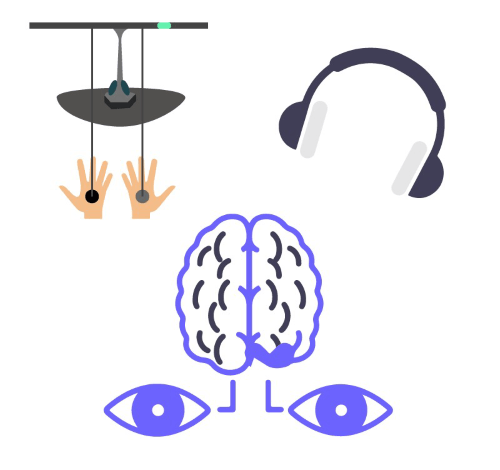
DBT Theory and Skills Practice: An On-Demand DBT Symposium
Open to access this content

Open to access this content

Open to access this content

Open to access this content

Open to access this content

Open to access this content